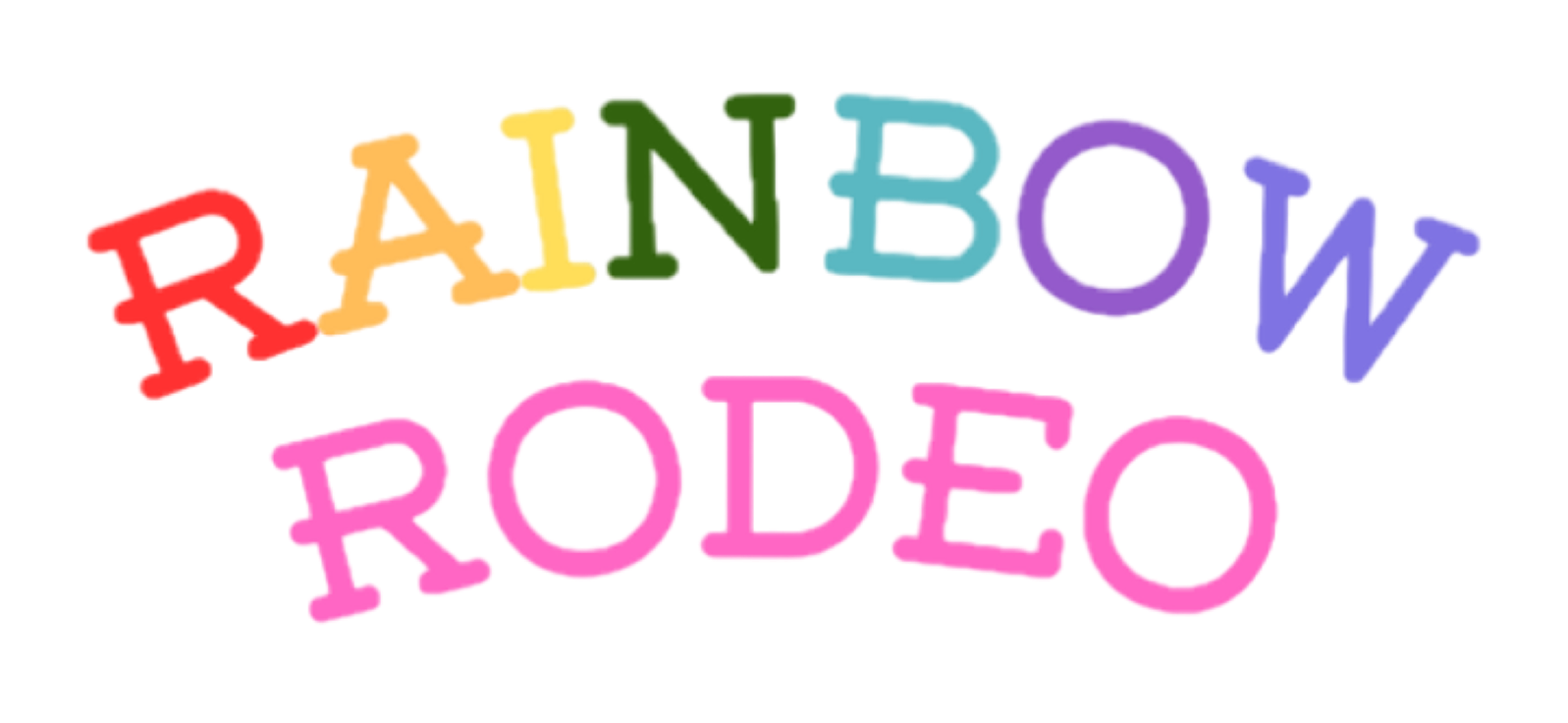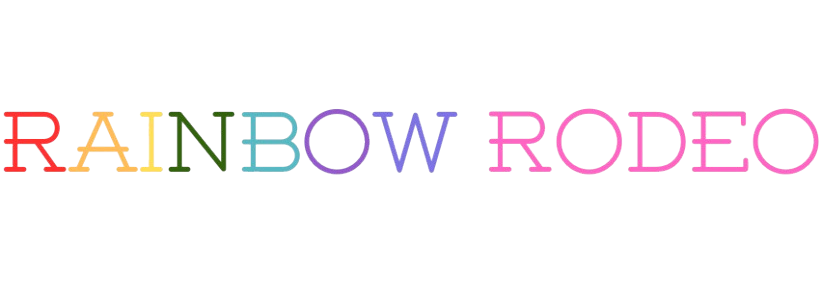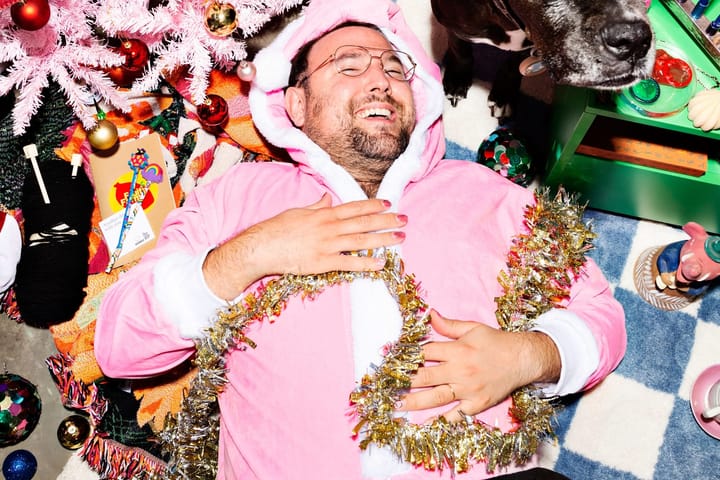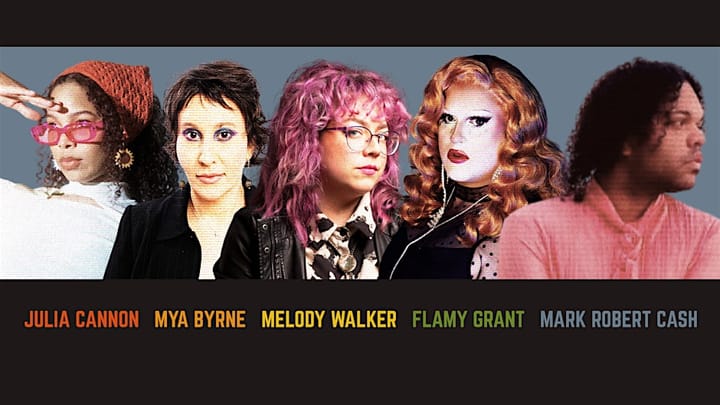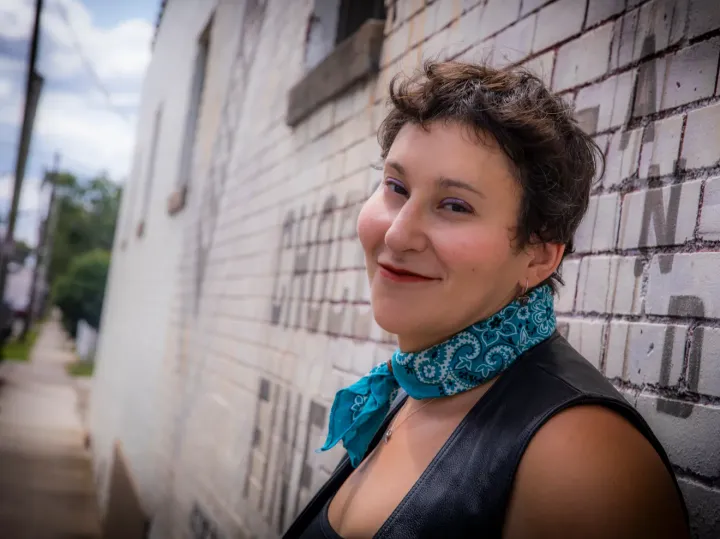What We Talk About When We Talk About Equity

I haven’t had much juice for these weekly recaps lately because I was busy working on this article for the Nashville Scene, which is about the transphobic incidents at Americanafest and the AMA’s response to it. I am very grateful to Mya Byrne, Jessye DeSilva, and Paisley Fields for being open to discussing their experiences since both the events themselves and the media brou-ha-ha surrounding it were all very upsetting. Most importantly, my editor at the Scene, Stephen Traegeser, graciously allowed for the dust to settle for a few weeks until they felt ready to comment on it — and for the Americana Music Association to assemble some kind of statement.
If you haven’t read the article yet, it’s very obvious that AMA does not see itself as having the same responsibilities that artists wish they would take on: resource sharing, artist advocacy, a willingness to understand how the organization’s structure contributes to bias and tokenism (as does any institution in America — let’s be real.) For an organization that emphasized its willingness to “listen” and “have dialogue,” they sure weren’t interested in actually speaking with me for this article!
I think what’s interesting here is that when I asked AMA’s publicist what the DEI Committee was up to, AMA pointed to an increase in diversity in conference programming, the wide diversity of award recipients, and a partnership with the Smithsonian. Oh, and a bunch of people saw their #AllAmericana campaign on Instagram — over a million impressions!
What they did not discuss were any internal trainings within the organization, accountability measures, equity measures for artists (such as the grants and scholarships they now say they’ll produce), partnerships with the beautifully diverse city of Nashville, or an anti-harassment policy.
When we compare AMA to Folk Alliance International, the disparities are pretty stark. FAI has hosted town halls and focus groups with their artist members, and you can’t go too far on their website without stumbling across some kind of commitment to diversity. They even share resources for other organizations to begin their own process.
Interestingly, one of the members of AMA’s DEI committee is also a member of FAI’s.
Events
We finally have some events to post!
- 11/8 — (Los Angeles) Honky Tonk Saloon 31 w/ Ali Angel and Acacia Forgot
- 11/18 — (Philly) Queer Country Night with Mya Byrne, Samantha Rise, and Brittany Ann Tranbaugh at Ortlieb’s Lounge
Artist Resources
- Got a release coming up? Add it to Country Everywhere’s newsletter! Country Everywhere is a directory of artists and news for queer, BIPOC, and disabled artists.
- With Bandcamp changing hands and union busting, here are some alternative resources for selling your music online
- Are you on BlueSky? Queer country artist Alone at 2 AM created this feed of musicians. You can ask them to be added to the feed!
- I also made a Y’allertantive Feed on Bluesky. Let me know if you’d like your posts to appear on the feed!
- We Are Moving the Needle is looking for women and non-binary audio engineers and music producers
- Eli Conley is teaching Unlock the Song Inside: Beginning Songwriting Class for Queer & Trans Folks & Allies, and he also offers an online LGBTQ+ songwriter circle!
- Are you on Mastodon or another part of the Fediverse? Get your music on RadioFreeFedi! https://radiofreefedi.net/
- PS — If you’re thinking of joining Mastodon, make an account on musician.social and read my tips for making Mastodon work for you!
- Submit your music and events to The Q LGBTQ Creative Network
- This Twitter thread has a whole list of places to find jobs in the music industry
- And here’s a list of resources for “women” entering the music industry — presumably they also encourage nonbinary participants
- Submit your profile to the Country Everywhere which seeks to unite BIPOC, LGBTQ+, and disabled artists and professionals
- Sign up to the Black Opry Revue’s interest form!
- Check out the weekly Queerfolk Fest show in Nashville
